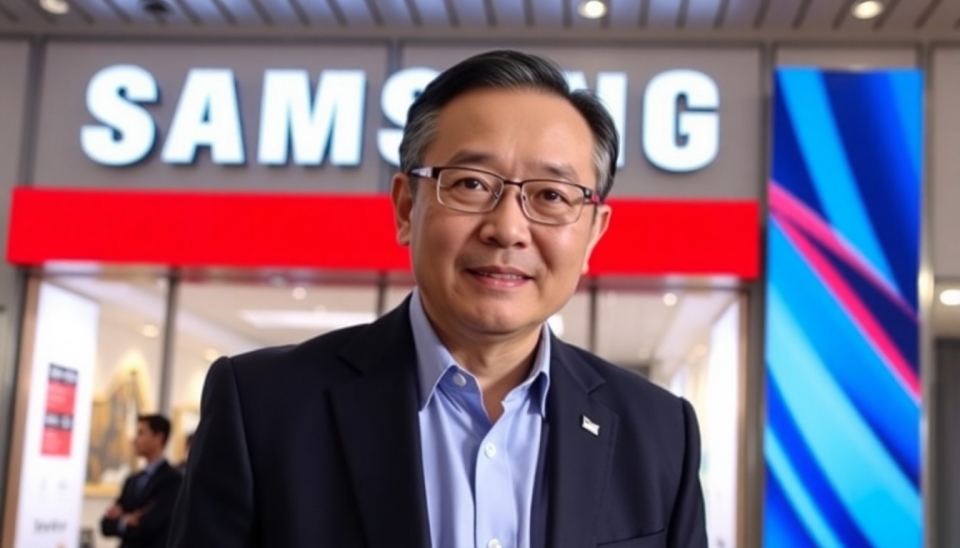
Samsung Electronics, a titan in the tech industry, is facing mounting challenges as it struggles to keep up with rivals in the rapidly evolving artificial intelligence (AI) chip market. The company recently released its quarterly results, and they did not meet analysts' expectations, underscoring the growing competitive gap with other tech giants in the AI sector.
The earnings report revealed that Samsung's semiconductor division has not kept pace with advancements in AI chip technology compared to its competitors. While the company remains a significant player in the traditional semiconductor market, its AI chip development lags behind leading companies like NVIDIA and Huawei, which have been investing heavily in cutting-edge AI research and development.
Executives from Samsung have acknowledged the challenge, noting that the AI chip market represents a crucial segment in the global tech ecosystem. While the company continues to prioritize innovation and expansion in its semiconductor business, the gap in AI chip expertise is seen as a critical area needing strategic investment to bolster future growth prospects.
In an attempt to close this gap, Samsung is reportedly increasing its focus on research and development. The company is planning to revamp its R&D strategies, potentially including new partnerships and collaborations with academia and industry leaders known for AI breakthroughs. However, analysts caution that these efforts may take time to show results, and the competitive landscape is shifting rapidly.
Moreover, the global AI chip market is poised for significant growth, driven by increased demand for AI-driven applications across various industries, including automotive, healthcare, and consumer electronics. Leading this charge are companies that have directed substantial resources towards AI-specific innovation, capitalizing on the boom in AI adoption worldwide.
As such, Samsung faces the dual pressure of aligning with emerging technology trends while addressing the disappointment of recent financial outcomes. Investors and stakeholders are keenly observing how the company plans to navigate these challenges, as its performance in the AI sector is increasingly seen as a benchmark for future success.
Despite the reported shortcomings, Samsung also highlighted its intentions to capitalize on other growth areas, such as the latest advancements in its Galaxy series phones and smart appliances. However, bridging the AI chip gap remains a priority task for the tech giant aiming to safeguard its market position in a world increasingly driven by AI technology.
#Samsung #AIChips #TechIndustry #Semiconductor #Innovation #ResearchAndDevelopment #AI #CompetitiveMarket #NVIDIARivals #TechEcosystem
Author: Emily Collins




